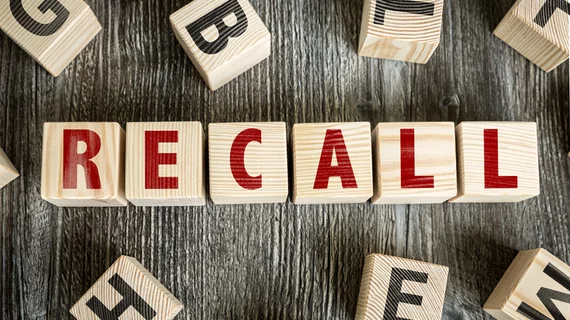FDA issues Class I recall on counterfeit infusion pump batteries
The U.S. Food and Drug Administration (FDA) has issued a Class I recall, citing the risk of serious injury or death to patients using certain CSB batteries in infusion pumps. The batteries, branded as ICU Medical, may be counterfeit and could fail to hold a charge, resulting in delays in the administration of critical fluids or medications.
The batteries were intended for use in Plum 360, Plum A+ and Plum A+3 Infusion Systems. These large-volume infusion pumps are used to administer fluids to patients, including during blood transfusions. Preliminary testing on counterfeit batteries shows that the systems may shut down while operating, with the battery replacement light turning on prematurely.
The affected batteries should not be used or sold.
What is being recalled?
All batteries intended for use in Plum 360, Plum A+, and Plum A+3 Infusion Systems. Signs of counterfeit batteries are not always obvious, but there are a couple of common indicators, including:
- Missing information, such as the absence of the ICU Medical test label or CE mark.
- A yellow date code label found on the side of the battery, with the following format: W2401xxxx - W2406.
Next Steps
Do not use batteries that may be counterfeit. Going forward, ensure all service to infusion systems and all purchased parts come from an authorized ICU Medical dealer or directly from the company.
On October 22, 2024, ICU Medical sent notices of the recall to all known affected customers. Returns of counterfeit batteries or any questions should be submitted to icumedical7561@sedgwick.com.
The full FDA notice can be found here.

